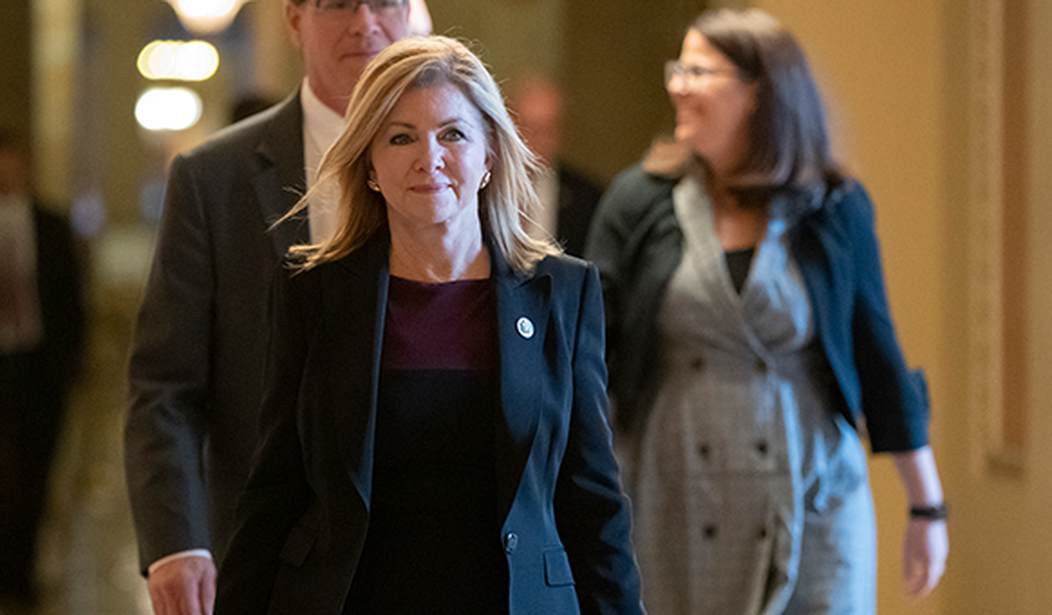For the first time in history, a couple of Republican women will be serving on the Senate Judiciary Committee. Sens. Marsha Blackburn (TN) and Joni Ernst (IA) were picked for the panel in the new 116th Congress. In their role, they'll have an opportunity to preside over women's issues like the Violence Against Women Act.
Pro-life groups are especially excited for Blackburn's appointment, because she has been a leading force in investigations against Planned Parenthood. A few years ago she led a House panel that looked into the organization's alleged sale of aborted baby body parts.
In addition to the Senate Judiciary appointments, Republican women made history in Arizona too.
Today is a historic day. A woman representing Arizona has never served in the U.S. Senate — and today two have been sworn in. Congratulations to @SenatorSinema and @SenMcSallyAZ on leading the way. Looking forward to working together on behalf of Arizona. pic.twitter.com/NoBQHmgM4p
— Doug Ducey (@dougducey) January 3, 2019
Blackburn's and Ernst's presence on the Judiciary committee and McSally's appointment will undoubtedly help the GOP's image. Other history, however, as one or two people have pointed out, is not on their side. The eagerly shared observation below has so far received thousands of retweets.
Total women in the U.S. House:
— Ryan Struyk (@ryanstruyk) January 3, 2019
1989:
16 Democrats
13 Republicans
2019:
89 Democrats
13 Republicans
Recommended
Some GOP leaders like Rep. Elise Stefanik (R-NY) acknowledge the unfortunate ratio and are seeking to correct it. She and the NRCC have different ideas as to how to achieve that, though. She believes the more the party needs gets involved in primary races, the better. NRCC Chairman Rep. Tom Emmer (R-MN) says it's a "mistake" to get involved so early. Still, Stefanik is pursuing her plan and said she doesn't need permission.
“I think it’s really important as a woman who faced a very competitive primary in 2014, we need to support those women earlier and learn the lessons of how effective the other side was in getting women through these competitive primaries,” Stefanik said.
























Join the conversation as a VIP Member